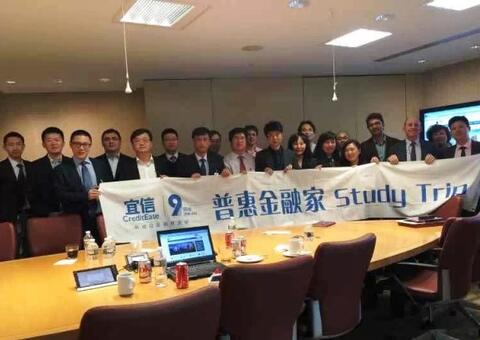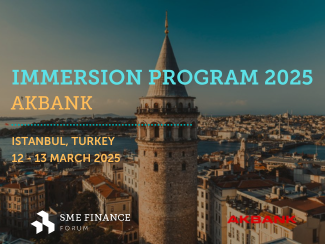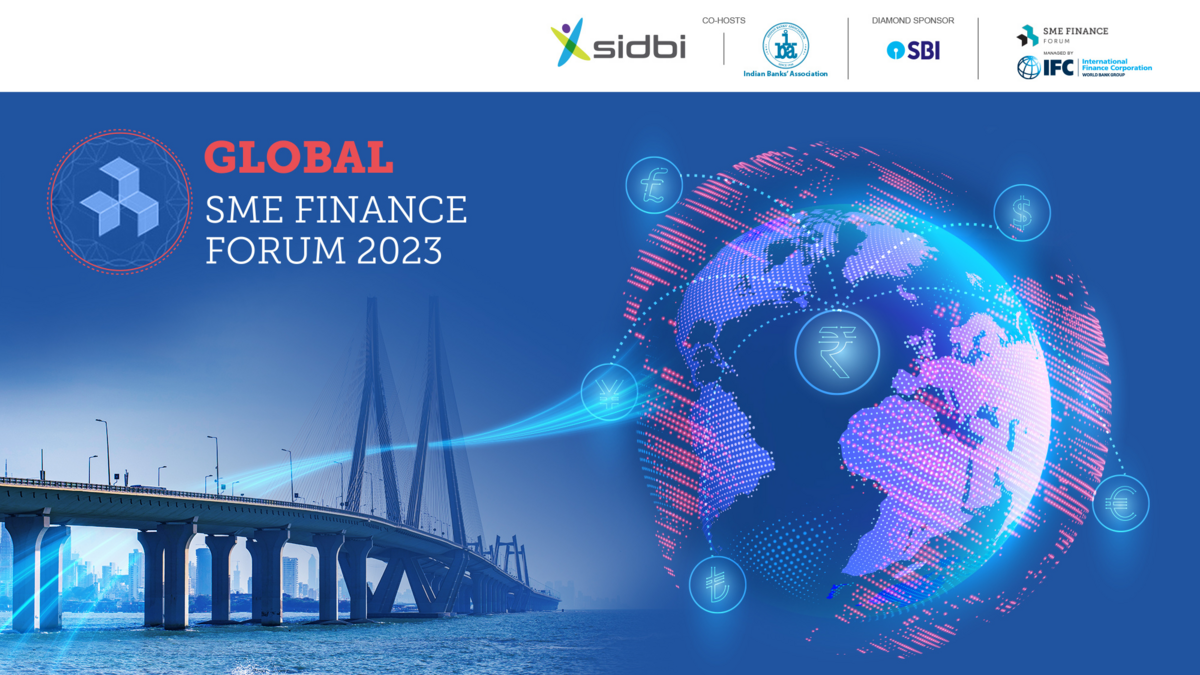Blog
Crossing the River by Feeling the Stones

In 2006, the inability of young students to access credit was a significant barrier to continue their education in China. Even though the country’s first privately-owned bank Minsheng had already been operating for a decade, the absence of a reliable credit system, inadequate risk management tools, and the dominance of state-owned banks had made financial inclusion a pressing problem. Mr. Ning Tang, who used to work on Wall Street and study economics in the U.S., saw the challenge as well as the opportunity. He modeled on Dr. Yunus’ Grameen Bank and started to extend loans to students from his own pocket. Not too long, Mr. Tang’s client-base quickly expanded to owners of micro and small enterprises. Nowadays, his business, CreditEase, has become one of the world’s largest peer-to-peer (P2P) lending companies.
Recently, as part of the SME Finance Forum of IFC, I was fortunate to meet a delegation consisting of both headquarters executives and local managers from CreditEase. They shared with us detailed insights derived from their more than nine years’ industry experience.
From the delegates, I learned about how they innovate the lending process and I was indeed impressed. By partnering with well-known e-commerce players such as eBay and Amazon, CreditEase finds its way to tap into its borrowers’ transaction histories and gains the capacity to conduct thorough credit verification. Technology prowess also puts this P2P lending platform in a strong position to deploy quick loans. Using CreditEase mobile apps, borrowers can get to know their credit limits as fast as in 60 seconds and complete the entire due diligence procedure within 10 minutes.
That being said, CreditEase does have some reservations about technologies. The company is still running a huge offline network—around 40,000 employees working in 9 districts across the country. A considerable number of them are sales force and many others are responsible for credit assessment. Also, different from the situation in America where large institutional investors have been intensively involved in high-speed automated P2P investing, CreditEase has not observed such trend in China—while its platform does provide specially tailored products to large-scale lenders, most clients remain small-sized.
Another crucial aspect of CreditEase is that the management seems to have a good understanding of a fairly complicated regulatory landscape. In China, similar to many developed economies, there has not been any agreed approach to regulate P2P lending activities. Generally, as long as the P2P platform stay as a broker connecting lenders and borrowers, it should not be required to obtain a banking license. However, being a source of financing for nearly 2 million borrowers, CreditEase could be tangled up with a problem of who actually owns the loans and how that ownership is transferred between different parties. During our conversation, CreditEase representatives stressed that they do not take money from lenders without matched borrowers, which otherwise would trigger serious criminal charges in China.
In addition to setting a fine line in this somewhat grey industry, CreditEase appears to be very keen on establishing a positive public image. The founder Mr. Tang, for instance, was granted the award ‘Beijing Excellent Communist’—a prize rarely given to private entrepreneurs. Given IFC’s extensive experiences in forging public-private partnerships, the delegates also expressed their aspiration to work with worldwide regulators and involve in the standards-making process.
CreditEase, powered by its proprietary technology, has oftentimes been hailed as a disruptive force in the financial industry; in the meantime, it also suffers from allegations of creating another Ponzi scheme. The meeting with CreditEase delegation, however, left us an impression that the company is neither indulged in the fantasy of complex digital gadgets nor addicted to plotting tricky schemes. Like many other challengers to brick-and-mortar banks, the company is ‘crossing the river by feeling the stones.’*
*An old Chinese saying, famously coined by Deng Xiaoping when describing the process of pioneering new forms of business in China








